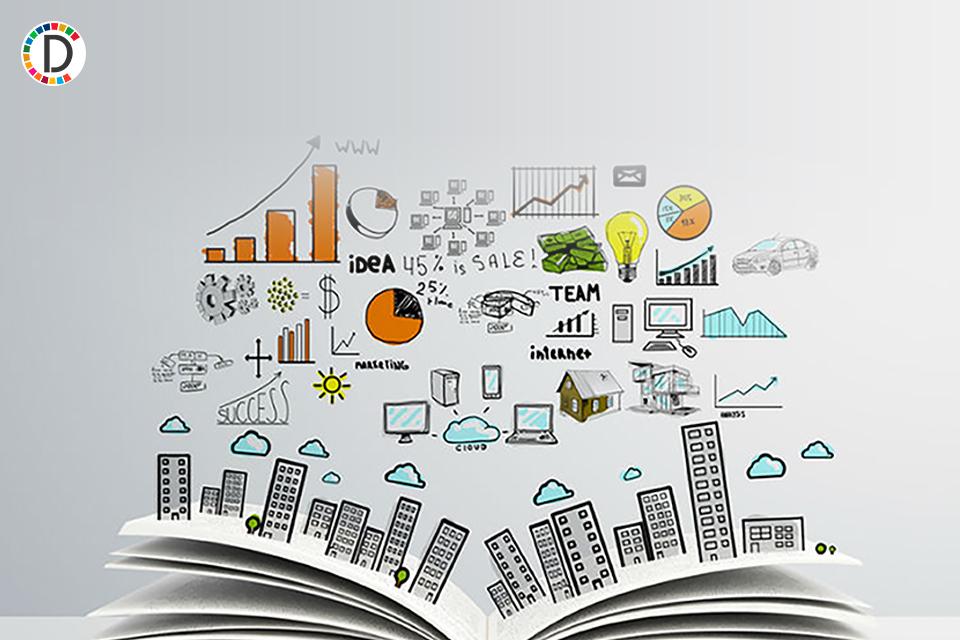FACTBOX-'Londongrad' takes a hit as Britain slaps tougher sanctions on Russia
This includes an asset freeze and travel ban on Yelena Georgieva, chair of the board of Novikombank; Pyotr Fradkov, Promsvyazbank chairman; Denis Bortnikov, VTB deputy president; Kirill Shamalov, Putin's former son-in-law; and United Aircraft's Yury Slyusar. 5) UK to introduce legislation to limit deposits that Russian nationals can hold in UK bank accounts.

British Prime Minister Boris Johnson unveiled a package of "severe" sanctions against Russia on Thursday, targeting banks, members of President Vladimir Putin's closest circle and the extremely wealthy who enjoy high-rolling London lifestyles. Hundreds of billions of dollars have flowed into London and Britain's overseas territories from Russia since the fall of the Soviet Union in 1991, and London has become the Western city of choice for the super-wealthy of Russia and other former Soviet republics.
Below are some of the measures: 1) UK to ban Russian companies from its capital markets:
Since the fall of the Soviet Union, London's capital markets have been the favoured destination for Russian companies to raise money outside of Moscow. Russian companies have raised more 39 billion pounds in London's equity capital markets since 2010, according to Dealogic.
2) UK to ban Russian sovereign debt sales in London Russia has issued $4.1 billion of sovereign debt in London since the beginning of 2020.
But Russia has been reducing its reliance on London to sell bonds since Putin ordered the annexation of Crimea in 2014. With the world's fourth largest foreign exchange reserves of over $630 billion, and Brent crude at more than $100 a barrel, Russia is unlikely to need to sell large amounts of foreign-denominated debt in the near future.
3) UK will announce an asset freeze against major Russian banks, including its second biggest bank, state-owned VTB "These powers will enable us totally to exclude Russian banks from the UK financial system, which is of course by far the largest in Europe, stopping them from accessing sterling and clearing payments through the UK," Johnson told parliament.
"And with around half of Russia's trade currently in US dollars and sterling, I'm pleased to tell the House that the United States is taking similar measures." London is by far the biggest centre for global foreign exchange, accounting for more than 43% of the total turnover, according to the Bank for International Settlement. The dollar is the most traded currency, followed by the euro, yen and British pound.
4) UK will sanction over 100 individuals, Russian entities and their subsidiaries. This includes an asset freeze and travel ban on Yelena Georgieva, chair of the board of Novikombank; Pyotr Fradkov, Promsvyazbank chairman; Denis Bortnikov, VTB deputy president; Kirill Shamalov, Putin's former son-in-law; and United Aircraft's Yury Slyusar.
5) UK to introduce legislation to limit deposits that Russian nationals can hold in UK bank accounts. The limit will be 50,000 pounds ($66,860) at British banks. Soviet-born billionaires occupy three of the top 10 slots in The Sunday Times newspaper's Rich List, Britain's most read ranking of wealth, and are prolific buyers of trophy assets such as luxury mansions and soccer clubs.
6) UK to lay legislation to prohibit wide range of high-tech exports to Russia, plus export to extractive industries This will include a ban on exporting some semiconductors, aircraft parts, and oil refinery equipment.
7) UK to set up new cell in National Crime Agency to target sanctions evasion so oligarchs have nowhere to hide Britain introduced so-called unexplained wealth orders in 2018 to help the authorities target the illicit wealth of foreign officials suspected of corruption and those involved in serious crime. But the government has only have issued four since amid concerns about the potential high costs of failed applications.
8) UK to ban Aeroflot aircraft from landing at its airports Transport Secretary Grant Shapps said he had signed restrictions prohibiting all scheduled Russian airlines from entering British airspace.
9) A plan to work with other countries to shut off Russia's access to the Swift international banking system Belgium-based SWIFT is a messaging network widely used by banks to send and receive money transfer orders or information.
10) Extending the sanctions to Belarus after Russian forces used the country to invade Ukraine
(This story has not been edited by Devdiscourse staff and is auto-generated from a syndicated feed.)
ALSO READ
Tensions Escalate: Russian Forces Enter Ukrainian Village
Sanctioned Russian Vessel 'Adler' Inspected by Swedish Authorities
Trailblazer in Finance: Shruti Tripathi Chopra Honored with Freedom of the City of London
Extradition Alert: Russian Citizens Arrested in Bulgaria
Russian Central Bank Cuts Key Rate Amid Inflation Concerns










